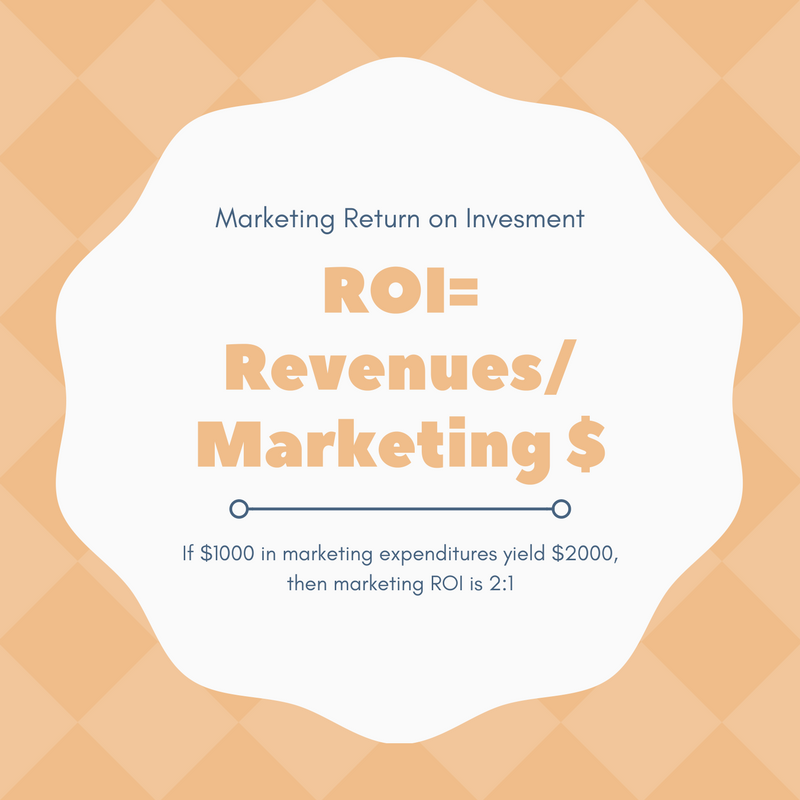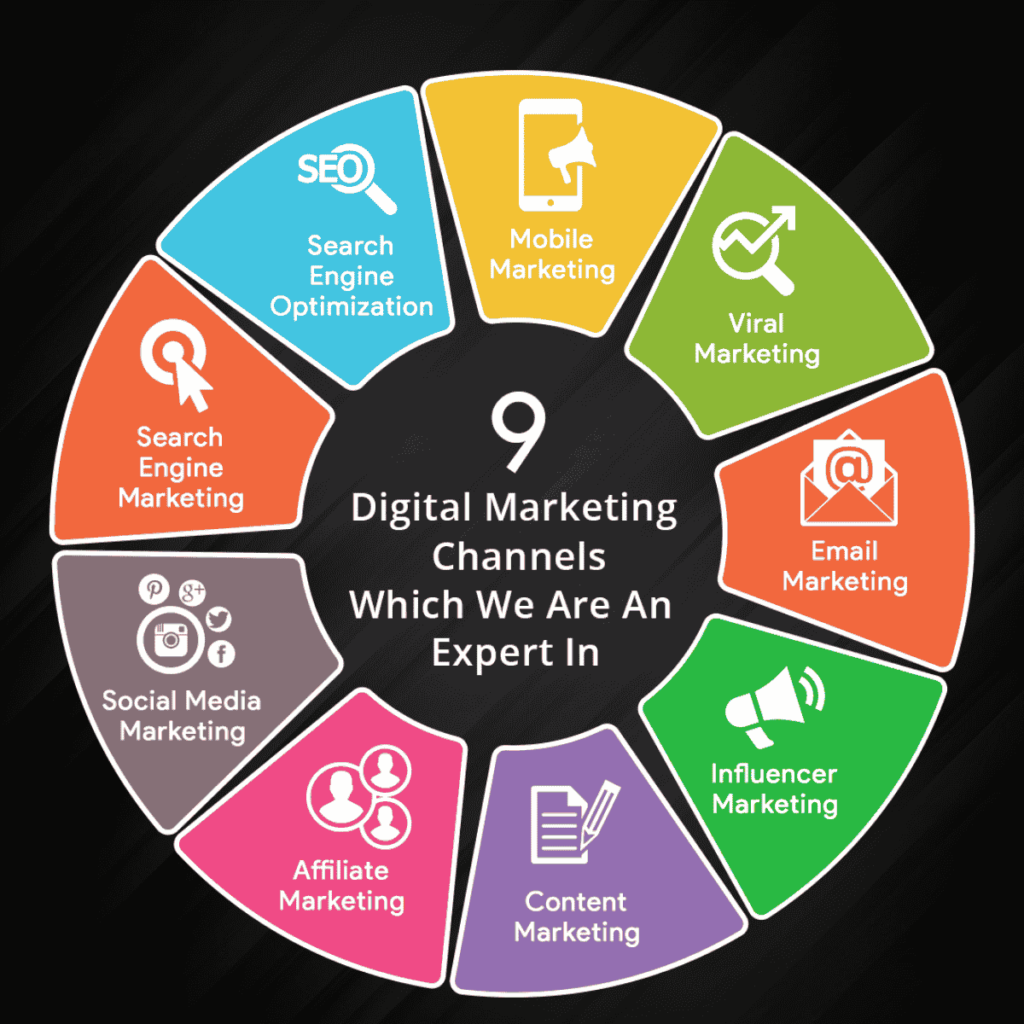So, it’s that time of the year again: the marketing budget is in, and all it needs is your A-Okay.
As soon as you give the signal, green will turn into black and white, and your marketing campaign will be on its way to execution.
And if you’re feeling the nerves or questioning the success of the proposed campaign, don’t worry: you’re on the right track.
After all, you wouldn’t be successful if you didn’t carefully vet every move before making it.
So, if you’ve got a marketing budget on your desk pending approval and the meeting’s coming up, you must be itching to ask some sharp questions to test its credibility.
Is this the marketing plan that’ll help you reach the heights of your industry’s summit? Or is it one that’ll cost you money you could spend more productively?
It’s better to ask these questions now to ensure that the marketing campaign has the greatest odds of achieving its stated goals.
In this blog, we’ll help you sharpen your instincts into questions whose answers can tell you all you need to know about the marketing budget.
Let’s dive in.

The 6 Secrets to Success – The Questions You Need to Answer Every Marketing Budget
In a world flattened by the internet, marketing can be tough.
Every channel, every social platform, every post is an opportunity. And every opportunity is either a chance for you to grow or a shot for you to miss.
What’s more, there’s no escape: after all, marketing is what will bring you all your customers and, thus, all your revenue.
To maximize the chances of your marketing plan’s success and minimize the odds of it failing, ask these pertinent questions to your marketing personnel:
1. How Does This Iteration of Marketing Connect with The Previous Ones?
Every marketing campaign tells a story.
It could be a car company showing its journey from making combustion engines to reinventing electric vehicles, a pizza joint reimagining its pies or bringing back a popular topping or a growth marketing company helping you approve marketing budgets.
All of them tell stories.

Their characters could be NBA Hall of Famers, celebrities or CEOs.
Their media could be ads, posts or emails.
And their objects could be software, soda or skills.
The point remains: all of them tell a story.
Think of it this way: your marketing campaign isn’t really selling a product or even a service.
It is selling a story. If people like the story, they’ll like your product or service, too.
So, what story is your marketing campaign selling?
Does it solve a problem using your product? Does it spread awareness about your helpful service?
If this is another marketing campaign in a long line of outreach strategies – successful and otherwise – how is it building on the previous iterations?
If this is your first marketing scrum, what has it learned from the marketing campaigns of your competitors’ marketing plans?
Press your marketing team for the narrative your marketing campaign will spread about your product or service.
If the team or the story is not able to convince you, chances are it won’t convince others either.
So, ask for a story. If you don’t get one or don’t like what you hear, ask for a new one.
After all, you don’t want to tell a story your target audience won’t listen to.
2. What Are The Aims of the Marketing Plan?
This question is actually two questions in one:
First, what are the aims of the marketing plan?
Second, through what Key Performance Indicators will the aims be measured?
When evaluating the aims of the marketing budget, beware of word soup with ingredients like “promoting brand awareness” or “increasing product exposure.”
Without any KPIs that will tell you when you’ve achieved your goals, these objectives are ultimately aimless.
To solve this problem, make sure that the marketing budget also calculates its ROI. An effective marketing budget should project an ROI of at least 5:1 – $5 generated for every $1 spent.

According to statistics, more than 50% of marketing teams measure their ROIs. Make sure yours is one of the 50% because your competitors will definitely do it.
Some key performance indicators could be:
- A percentage increase in social engagement
- A figure representing an increase in sales
- A number indicating an increase in web traffic or click-through rates
Lastly, also enquire how frequently the ROI will be measured: when will you confidently be able to say that the marketing plan has achieved or failed to achieve its stated objectives?
3. Who is the Target Audience?
Next, we come to an all-important question: who will the marketing plan target?
After all, every story has specific intended listeners or readers.
Are you approaching second-generation manufacturing businesses that need an effective SaaS communication solution?
Or are you targeting businesses looking for enterprise app development?
Are you looking to create a community of existing customers who use your products or services?
Or is the marketing campaign aimed at promoting your product or service with a specific age group or in a particular geographical region?
This will also help you decide whether the KPIs fixed by the marketing team align with the target engagement.
Remember: a general marketing plan without specific target audiences will yield general results, not specific outcomes. You should prefer the latter to the former.

4. What Channels Will the Marketing Campaign Utilize?
As we have seen, today’s marketplace is highly decentralized and spatially flat.
People from any place at any time can search for, find and use your product or service.
Therefore, it’s even more important that your marketing budget utilizes a channel that caters to the largest segment of your target market.
So, if you’re targeting manufacturing businesses looking to modernize, LinkedIn might be the right place to market your services.
If you’re looking to promote your SaaS product with end-users rather than decision-makers in the first stage of your marketing strategy, X (formerly Twitter) threads might help you gain maximum engagement.
Similarly, if you’re looking for feedback from developers, Reddit posts could be the way to go.
And if you want to educate customers on how your product or service can help them, YouTube videos or creatively curated blogs can help you find favor.
So, make sure that the channels you plan to use are in alignment with your target audience and marketing objectives.
The best way to gauge the feasibility of the marketing campaign and its budget is to look for a statistically backed answer to the question, “Why this channel?”

5. What is the Marketing Message?
Now, we turn and return to the centerpiece of your marketing strategy: its message.
The best way to frame this question is by asking how the message relates to your product or service.
Is it a negative message that helps prospects realize there’s a better way to achieve their goals – i.e., through your product or service?
Or is it a warm, empathizing message that shows the prospects how the benefits of your product or service can solve their most pressing problems?
You must also watch out for one more thing: often, the medium ends up being the message.
Take LinkedIn’s recent ads on national television: they show celebrities marketing SaaS products as if they were boxes of cereal. The point is to convey the fatal flaw of marketing SaaS products on national TV through ads that most executives won’t even see!
This is an example of how a company can expose the flawed nature of a medium by using it as the message itself.
So, ensure that there’s a good connection between your message and its audience, as well as between the message and its medium.
For instance, LinkedIn messaging must be formal, whereas an X (formerly Twitter) thread can be more playful and conversational.
Similarly, a YouTube video must have a conversational script and creatively curated captions.
And it goes without saying: blogs must be a blend of creativity, conversation and expertise that inspire confidence and educate prospects.
Make sure that the budget dots these Ts and crosses the Is: after all, the devil is in the details. A lack of foresight could mean that your marketing campaign goes over budget and time.
6. When will the Marketing Campaign Wind Up?
For the better or the worse, all things come to an end.
This applies to your marketing campaign and budget as well.
Often, this is structural: marketing plans and budgets for them are seasonal or festive.
For instance, when you’re offering discounted accounting services around the tax season or car shipping services during the summer months of intense moving.
On other occasions, a marketing plan is supposed to help you launch a new product/service or reduce the churn rate by engaging existing customers.
What remains is that every marketing plan reaches a termination point.
Whether it fails or succeeds, it must give way to new messages that suit the context and the growth journey of your enterprise.
So, ask the marketing team when they expect the marketing plan to wind up.
This will help you calculate the monthly or weekly breakdown of expenses.
It will also inspire confidence and a sense of expediency within the marketing team: the time available accommodates the work to be done rather than the other way around.

Looking to Execute a Supercharged Growth Marketing Campaign?
We can help!
At LSS, we understand the crucial importance of growth-driven marketing in today’s marketplace.
You want to ensure that every dollar, penny and cent comes back to you at least tenfold.
And we’re here to help you do just that.
We have spent years perfecting a structured process of growth marketing that guarantees success.
Our secret? We always listen to our clients and help them look for results in the right direction.
So, if you need someone who can clearly listen to your growth objectives and deliver time-bound results, we are here to help you ask all the right questions and provide robust answers.
Reach out to our growth marketing team for a commitment-free consultation, and let’s begin the journey of reaching your industry’s summit.



